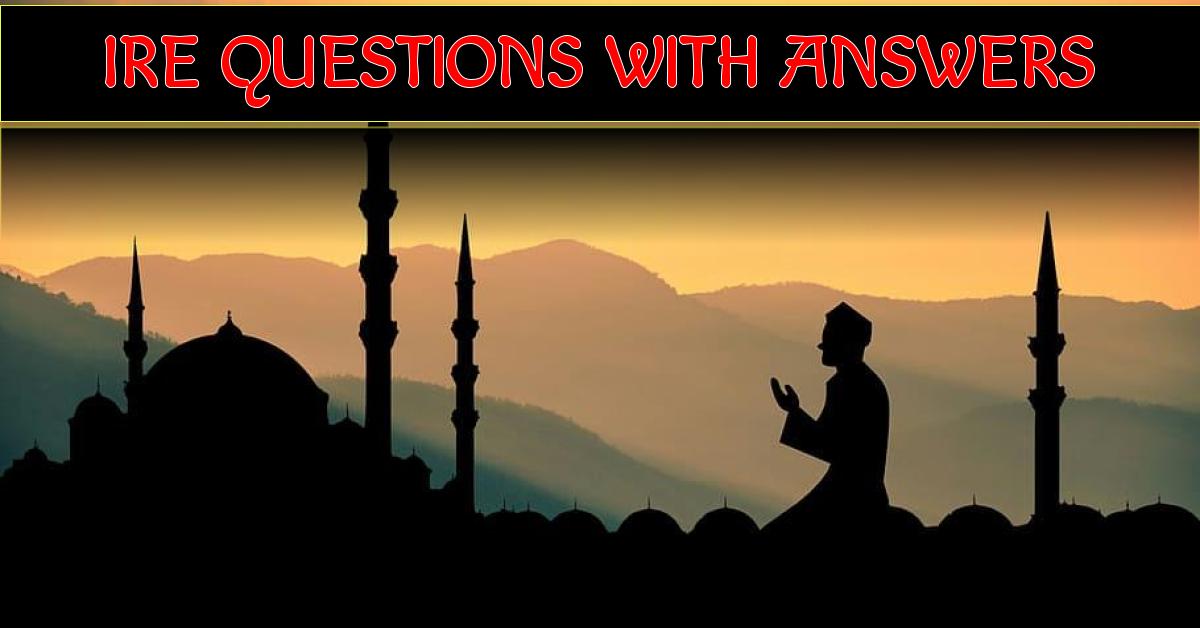KCSE IRE Paper 1 2014 Question 4(a) with Answers.(a) Differentiate between fardh and Sunnah saum. (8 marks)
Differences between Fardh and Sunnah saum.
0 Comments
KCSE IRE Paper 1 2014 Question 3(c) with Answers.(c) The Prophet (P.b.u.h) said “l and the person who looks after an orphan will be in paradise like this”, putting his index and middle fingers together. in reference to the above hadith, explain five ways through which Muslims can care for orphans. (5 marks)
Ways through which Muslims can care for orphans.
KCSE IRE Paper 1 2014 Question 3(b) with Answers.(b) Discuss the contribution of hadith to Islamic culture. (7 marks)
Contribution of hadih to Islamic culture.
KCSE IRE Paper 1 2014 Question 3(a) with Answers.(a)Describe four ways through which hadith evolved. (8 marks)
Ways through which hadith evolved.
KCSE IRE Paper 1 2014 Question 2(c) with Answers.(c) State five modes of Wahyi. (5 marks)
Modes of Wahyi.
KCSE IRE Paper 1 2014 Question 2(b) with Answers.(b) Give seven conditions that must be fulfilled by 21 translator of the Quran. (7 marks)
Conditions to be fulfilled by a translator of the Quran.
KCSE IRE Paper 1 2014 Question 2(a) with Answers.(a) State four teachings of Sarah An-Nasr. (8 marks)
Teachings of Surah An-Nasr.
KCSE IRE Paper 1 2014 Question 1(c) with Answers.(c) State eight characteristics of Makkan Surahs. (8 marks)
Characteristics of Makkan Surahs.
KCSE IRE Paper 1 2014 Question 1(b) with Answers.(b) Why was the Quran not compiled in to a book form (Mushaf) during the lifetime of the Prophet (P.b.u.h)? (6 marks)
The Quran was not compiled into one book (Mushaf) during the lifetime of the Prophet (p.b.u.h) because,
KCSE IRE Paper 1 2014 Question 1(a) with Answers.(a) Outline six reasons why the Quran is regarded as the final revelation. (6 marks)
|
Archives
January 2024
Categories
All
|
Can't find what you are looking for? Don't worry, Use the Search Box Below.
|
Primary Resources
College Resources
|
Secondary Resources
|
Contact Us
Manyam Franchise
P.O Box 1189 - 40200 Kisii Tel: 0728 450 424 Tel: 0738 619 279 E-mail - sales@manyamfranchise.com |

 RSS Feed
RSS Feed

